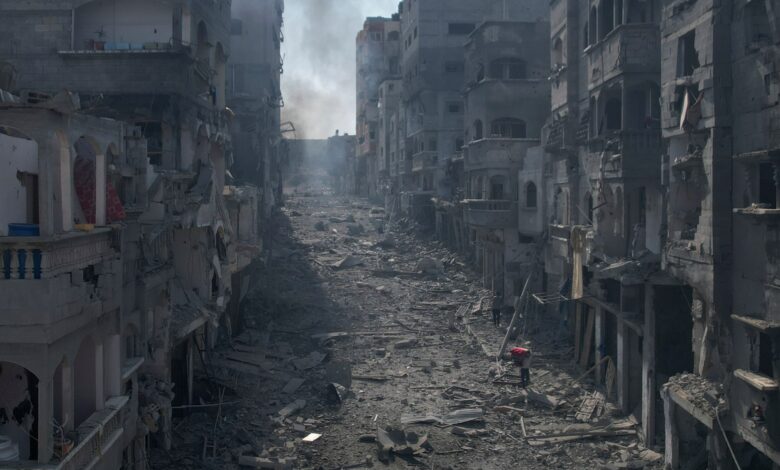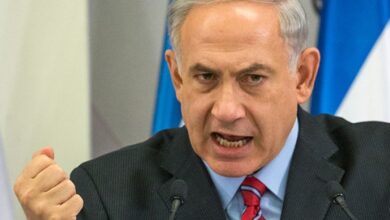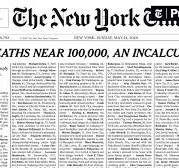The Double Standard in Western Media: A Tale of Two Conflicts

The Double Standard in Western Media: A Tale of Two Conflicts
In an age where the flow of information is at our fingertips, the role of media in shaping public opinion cannot be underestimated. Yet, a glaring double standard has emerged in Western media when it comes to covering conflicts, particularly concerning the Israeli-Palestinian issue and the Ukraine-Russia war. This double standard not only misrepresents the facts but also perpetuates bias and undermines the principles of responsible journalism.
The Palestinian Issue: The Silence on Israeli Violations
When it comes to the Israeli-Palestinian conflict, Western media often neglects to adequately cover Israeli occupation violations, particularly those surrounding the Al-Aqsa Mosque in Jerusalem. The holy site, revered by Muslims worldwide, has been the scene of numerous clashes between Israeli occupation forces and Palestinian worshippers. These incidents frequently go underreported, if reported at all, leaving the world unaware of the violation of religious freedom and the threat to Muslim sacred places.
Furthermore, Western media often falls short in highlighting the root causes of the Palestinian resistance. The legitimate grievances of Palestinians, including the ongoing occupation, dispossession, and lack of basic human rights, are often overshadowed by portrayals of Palestinian resistance as terrorism. This biased framing undermines the Palestinians’ right to self-defense and fuels an unbalanced narrative.
The Ukraine-Russia War: Support for Ukrainian Militants
In contrast, Western media’s approach to the Ukraine-Russia conflict is noticeably different. The portrayal of Ukrainian militants and their resistance against Russian forces is often framed more sympathetically, emphasizing their struggle for sovereignty and independence. While the Ukrainian people’s right to self-determination should be respected, the media’s one-sided narrative often fails to provide a nuanced understanding of the complex geopolitical factors at play.
The double standard is evident when comparing the portrayal of resistance in Palestine and Ukraine. In the former, resistance is routinely labeled as terrorism, while in the latter, it is framed as a legitimate struggle for freedom. This inconsistent use of language perpetuates a skewed understanding of both conflicts and fails to offer a fair perspective to the public.
The Role of Responsibility in Media
Media organizations have a responsibility to provide unbiased, balanced, and fact-based reporting. Double standards in coverage not only mislead the public but also hinder constructive dialogue and efforts toward peaceful resolution. It is essential that journalists and media outlets strive to maintain their integrity by avoiding undue bias, irrespective of the geopolitical interests involved.
Conclusion
The double standard in Western media’s coverage of conflicts, such as the Israeli-Palestinian issue and the Ukraine-Russia war, raises concerns about journalistic integrity and fairness. To foster a more informed and just society, media organizations must commit to reporting the facts objectively and without bias. Only then can the public truly understand the complexities of these conflicts and contribute to meaningful conversations about their resolution.
Discover more from Gaza Never
Subscribe to get the latest posts sent to your email.





